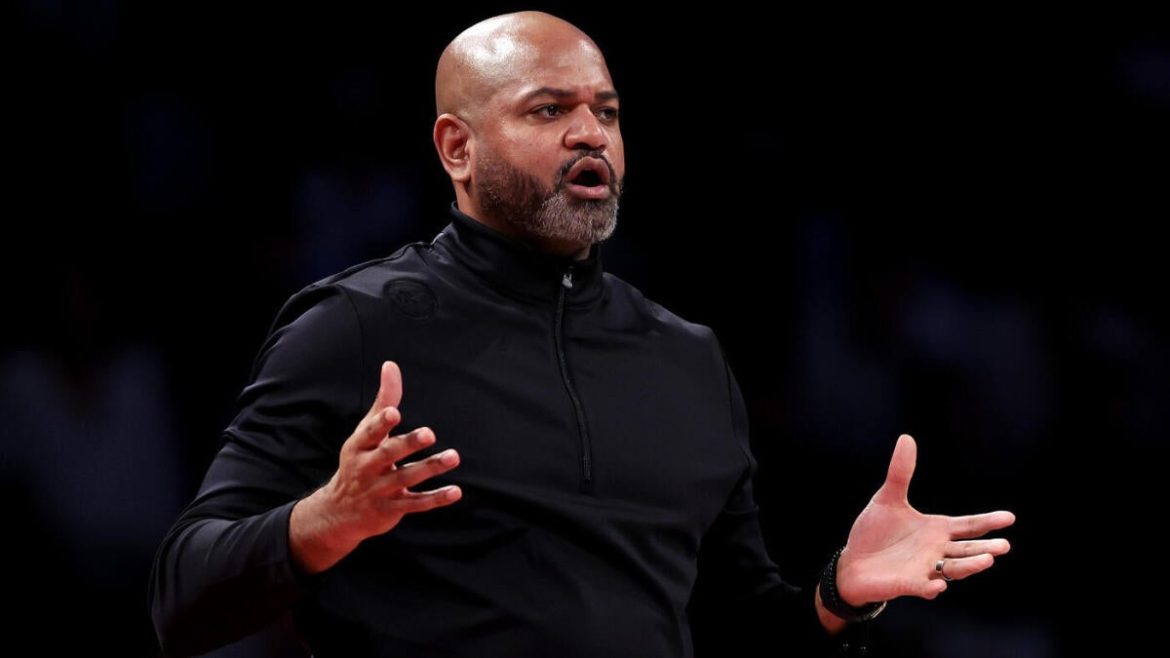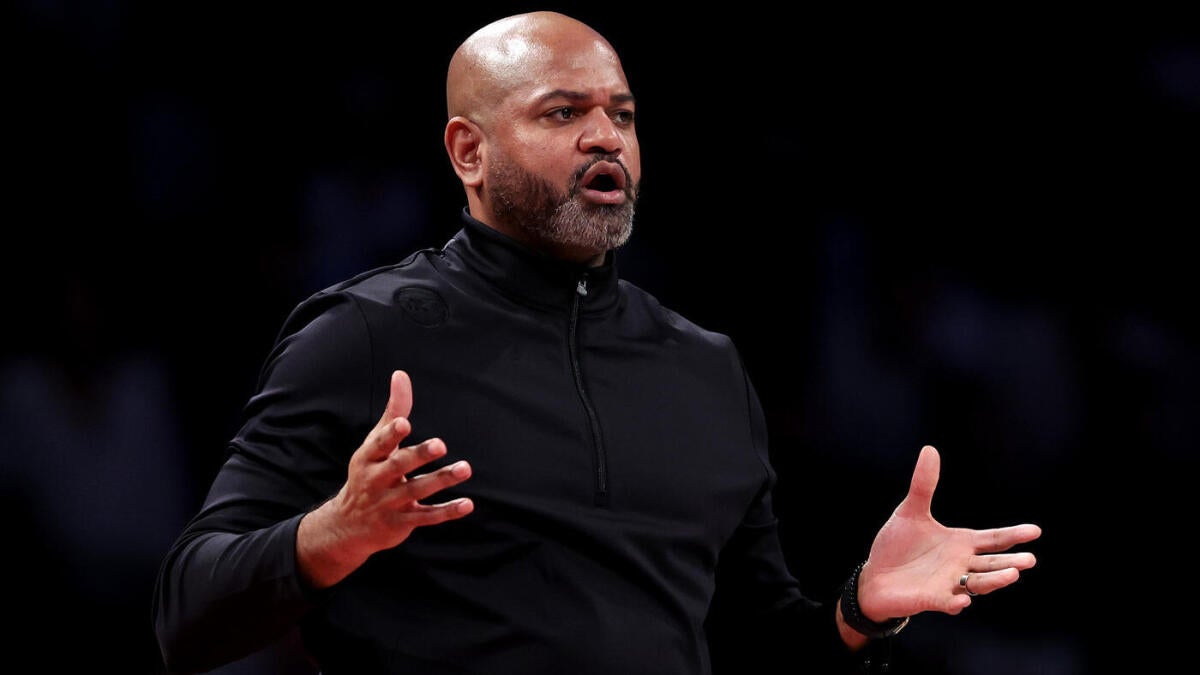The Controversy Surrounding Tom Thibodeau’s Firing: J.B. Bickerstaff’s Perspective on NBA Coaching Trends
The NBA coaching landscape frequently undergoes turbulence, but the recent dismissal of Tom Thibodeau by the New York Knicks has ignited particularly intense debate. Despite guiding the Knicks to a historic Eastern Conference Finals appearance—their first since 2000—Thibodeau’s departure surprised fans and insiders alike. Detroit Pistons head coach J.B. Bickerstaff voiced strong opinions on this move, offering valuable insight into the challenges NBA coaches face in maintaining their roles amid high expectations. His perspective illuminates a broader commentary on the precarious nature of coaching careers in today’s league.
The Context: Tom Thibodeau’s Surprising Exit
The Knicks’ decision to fire Thibodeau after a landmark playoff run highlights the often unforgiving environment for NBA coaches, where past success does not guarantee job security. Thibodeau’s dismissal came after the team achieved their most successful season in 25 years, signaling progress and renewed hope in the franchise. Yet, despite these achievements, New York executives opted for a leadership change, a move that left many questioning the rationale behind it.
Thibodeau’s tenure was marked by disciplined defense and a no-nonsense coaching style that brought the Knicks back into playoff contention and energized the fanbase. His firing abruptly ended that momentum, inviting scrutiny from across the league. Bickerstaff, who himself experienced a firing with the Cleveland Cavaliers in 2024, spoke on ESPN’s *First Take* to defend Thibodeau, emphasizing the difficulty in sustaining coaching positions when results fluctuate or expectations skyrocket.
J.B. Bickerstaff’s Defense: Respecting Thibodeau’s Accomplishments
Bickerstaff’s remarks underscored the respect Thibodeau commands among coaching peers. He remarked, “Outside looking in, you make it to the Eastern Conference Finals, that is a successful job Thibodeau has done.” This simple yet powerful statement reflects the challenge coaches face balancing immediate results, long-term development, and organizational politics.
Bickerstaff highlighted that coaching in the NBA is a relentless endeavor, where “you have to overachieve” simply to keep your position. His empathy is rooted in personal experience; navigating the intense scrutiny and frequent upheaval is something he deeply understands. His public support for Thibodeau illustrates solidarity among coaches who face an increasingly narrow margin for error in the league’s competitive coaching environment.
The Broader Trend: NBA Coaching Volatility and the “Final Straw” Effect
The Knicks’ action against Thibodeau exemplifies a growing trend of premature coaching changes that some see as reactionary or driven by impatience. Bickerstaff slammed the Knicks’ decision as the “final straw” in what has become a disturbing pattern across the NBA, where coaches are dismissed after only brief periods despite tangible progress. This trend raises questions about how front offices balance the desire for immediate success with the patience often needed to build sustainable winning cultures.
Within this context, Bickerstaff’s criticism is less about Thibodeau personally and more about an institutional mindset shifting towards short-term fixes over long-term strategy. NBA leaders face pressures from ownership, fans, and media to deliver results quickly, but this urgency can undermine stability and consistency. Bickerstaff’s remarks suggest that such instability may ultimately hinder teams from establishing the continuity needed for enduring success.
Balancing Success and Expectations: The NBA Coach’s Tightrope
Bickerstaff’s commentary also touches on the fundamental tension coaches face between delivering results and managing expectations. A deep playoff run, like that achieved by Thibodeau, is widely regarded as a hallmark of success. Yet, even this milestone may not suffice when franchise ambitions grow rapidly or internal dynamics shift.
The reality is compounded by the league’s high-profile nature and the ever-amplifying voices of media and social platforms, where every decision is dissected. Coaches must excel not only at managing players and strategies but also navigate these external pressures — an exhausting challenge that Bickerstaff eloquently conveys.
Conclusion: The Need for Patience in an Impatient Era
The saga of Tom Thibodeau’s dismissal and J.B. Bickerstaff’s response reflect a critical conversation about the state of NBA coaching today. Coaches are caught in a volatile environment where longevity is scarce and expectations are immense. Bickerstaff’s defense of Thibodeau serves as a reminder that achieving milestones like conference finals appearances is no small feat and deserves recognition, not swift dismissal.
For the NBA to foster sustained success across teams, there may be a need to reassess how coaching performance is evaluated—not on fleeting results alone but on broader progress and context. Bickerstaff’s candid critique implores franchises and fans alike to reconsider the “win now or go home” mentality that dominates modern sports and to appreciate the complex, high-stakes work coaches undertake behind the scenes.
In an era hungry for instant gratification, Bickerstaff’s perspective champions patience, respect, and thoughtful evaluation as qualities that could reshape how the league values its leaders on the sidelines. His voice adds to an essential dialogue about preserving the integrity and stability of NBA coaching, ensuring that stories like Thibodeau’s are not repeated with such jarring regularity.





